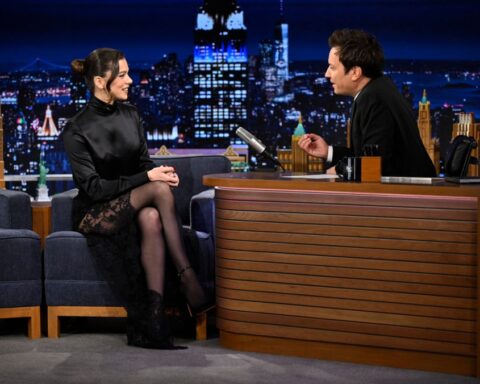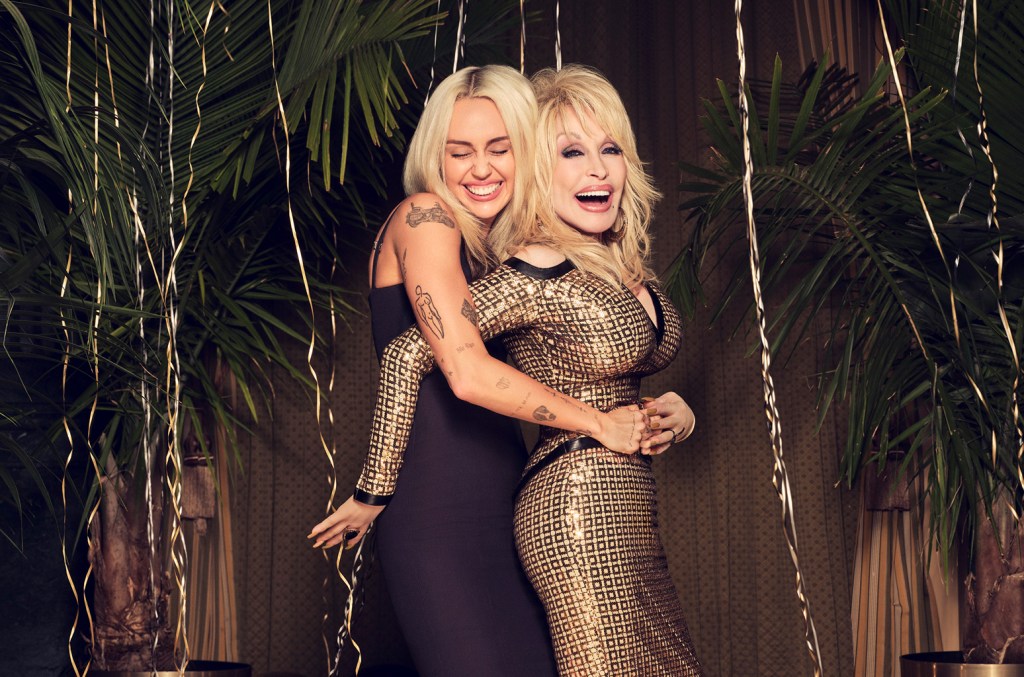1.
When I found out that I was only 16 years old, alcohol was my first lecturer. In 2002, I was a high school student and the smallest person on my friend’s team, and it was a concern about the badge of honor. I went to school very early, missed the first quality semester, and devoted my teenage years to trying to stay with close friends and classmates who were one to two years old.
That night, that was a coincidence view: I threw in the night at a Partner Lake House in Conrow, Texas. I ignored all the information I provided to my parents – it must be coeducational, my friend’s mom and dad are not close, and will definitely consume. I bordered my first drinks with the careless confidence characteristics of young people in my mature middle-class suburbs, and the kids were protected to understand the threat and recognize that understanding the numerous incorrect courses, i.e., the initial drinks might dissatisfie them.
My first thought: I don’t like this. it hurts. It failed my tongue and stabbed my throat. I’ve reduced it. However, when I checked out, everyone was laughing, their faces became brighter, carefully playing their happiest changes, revealing this from Swig. No one has any requirement for this preference, and I dare not speak loudly. Instead, I laughed, copied their joy and ingested the drink. I have no painful point of view, but I promise. I claim. My first hangover broke my body and a few days later, a frustration, nausea or vomiting.
When the second week of AP English started, we started the Greek disaster, I certainly found myself introducing Aristophanes specifically frog. When Dionysus descended to the abyss, I seemed like the part of an ode: behind the scenes of wandering, waiting, unwilling to keep my level.
Until I was in my 20s, I really didn’t consume it anymore, until I was in my 20s, when it had real, usually favorable social impact. Have breakfast and satisfying time, work dinner and turning point activities. The grooves below are bottled below and fired below. GM Guard’s 2012 publication Neurostomy: How thoughts develop taste and its value Discover the preferences of psychological programs, and how sensory adjustments affect our choices. Gradually, repeated direct exposure leads to an understanding choice and initially an unwelcome preference, and social and social influences can also stimulate choice.













